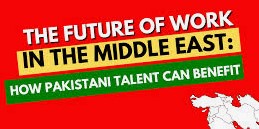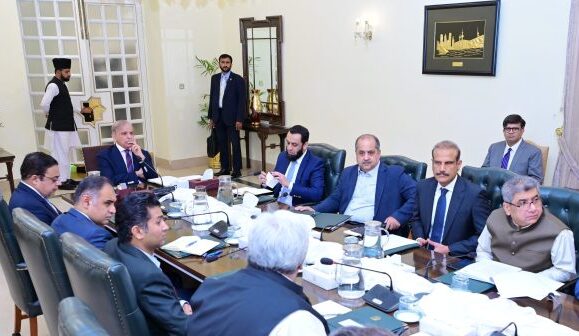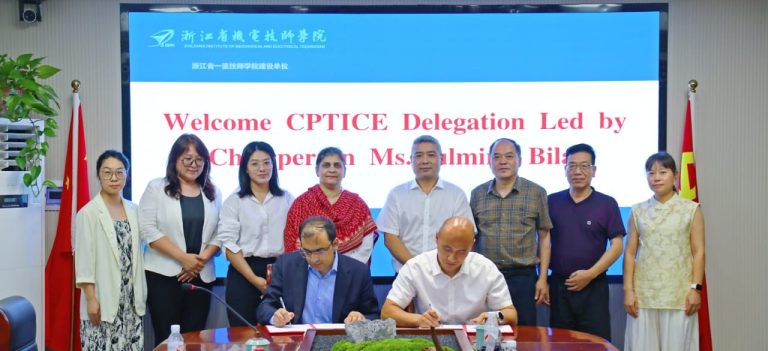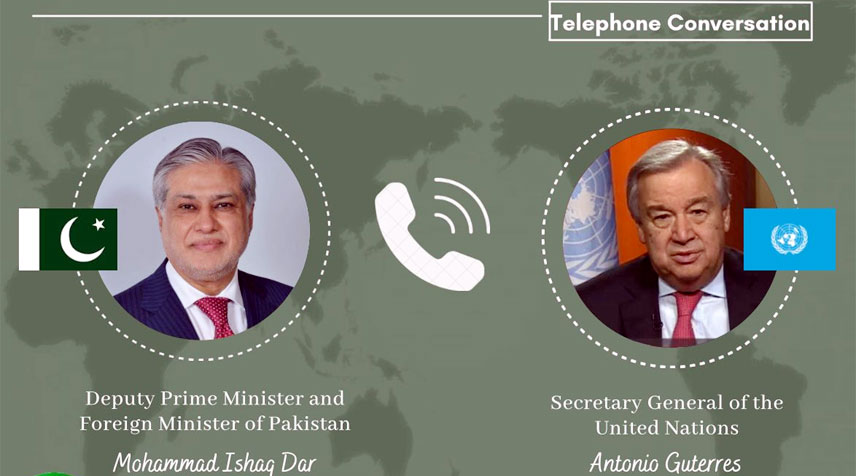
Pakistan Enhancing Workforce Skills to Meet Middle Eastern Job Market Demands
- Technology
- February 14, 2025
- No Comment
Pakistan Enhancing Workforce Skills to Meet Middle Eastern Job Market Demands
Pakistan is actively working to bridge the skills gap and align its workforce with the requirements of the Middle Eastern job market through a series of strategic initiatives, Parliamentary Secretary for Federal Education and Professional Training, National Heritage, and Culture, Farah Naz Akbar, informed the National Assembly.
During a session, she highlighted key measures, including the establishment of the Pakistan Skill Company and the Pakistan Skill Development Fund to unify technical and vocational education across the country, ultimately creating better employment opportunities for Pakistani workers abroad.
She emphasized that the National Vocational Qualification Framework (NVQF) has been revised to align with international standards, particularly those of the Gulf Cooperation Council (GCC) and the European Union (EU). This step aims to enhance the global competitiveness of Pakistani manpower and increase skilled labor exports.
The government is also integrating life skills and soft skills—such as communication, problem-solving, teamwork, interpersonal skills, and work ethics—into technical and vocational training programs. These skills are highly valued by Middle Eastern employers and play a crucial role in workplace success.
Furthermore, Pakistan’s vocational curriculum is being updated to reflect the latest industry trends and technological advancements, ensuring that workers are well-equipped to meet evolving job market demands. Competency-based training programs prioritizing practical skills and hands-on experience are also being introduced to enhance employability.
To improve the quality of technical training, the government is implementing reforms in certification standards to align with global benchmarks, making Pakistani workers more competitive in international markets. Additionally, efforts are underway to gather employment data from foreign countries to ensure workforce training aligns with the latest market demands.
Students undergoing vocational training are being certified through internationally recognized assessment centers, maintaining high standards in technical education.
These comprehensive reforms are expected to strengthen Pakistan’s labor force and significantly increase employment opportunities for skilled workers in the Middle East, boosting foreign remittances and supporting the country’s economic growth.







